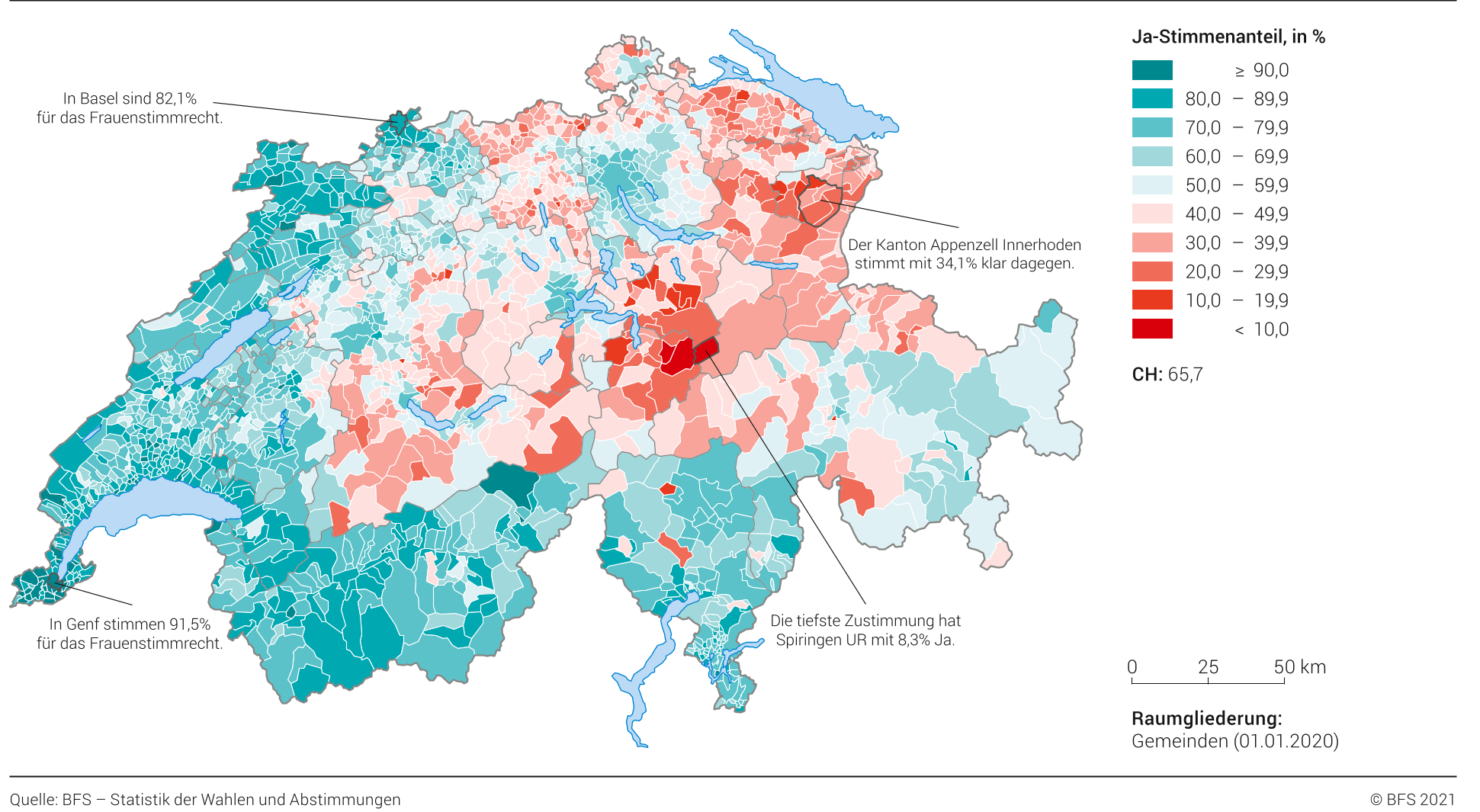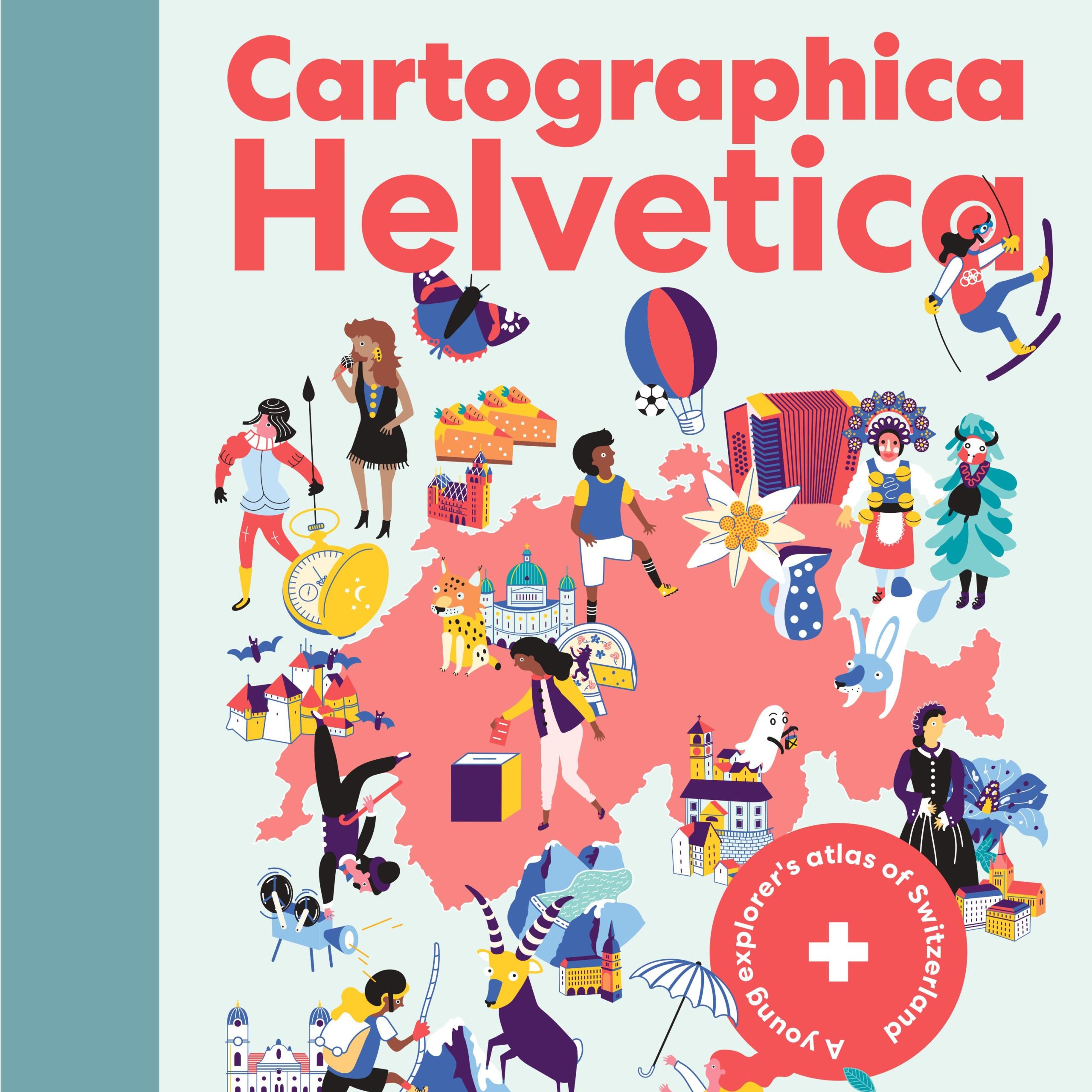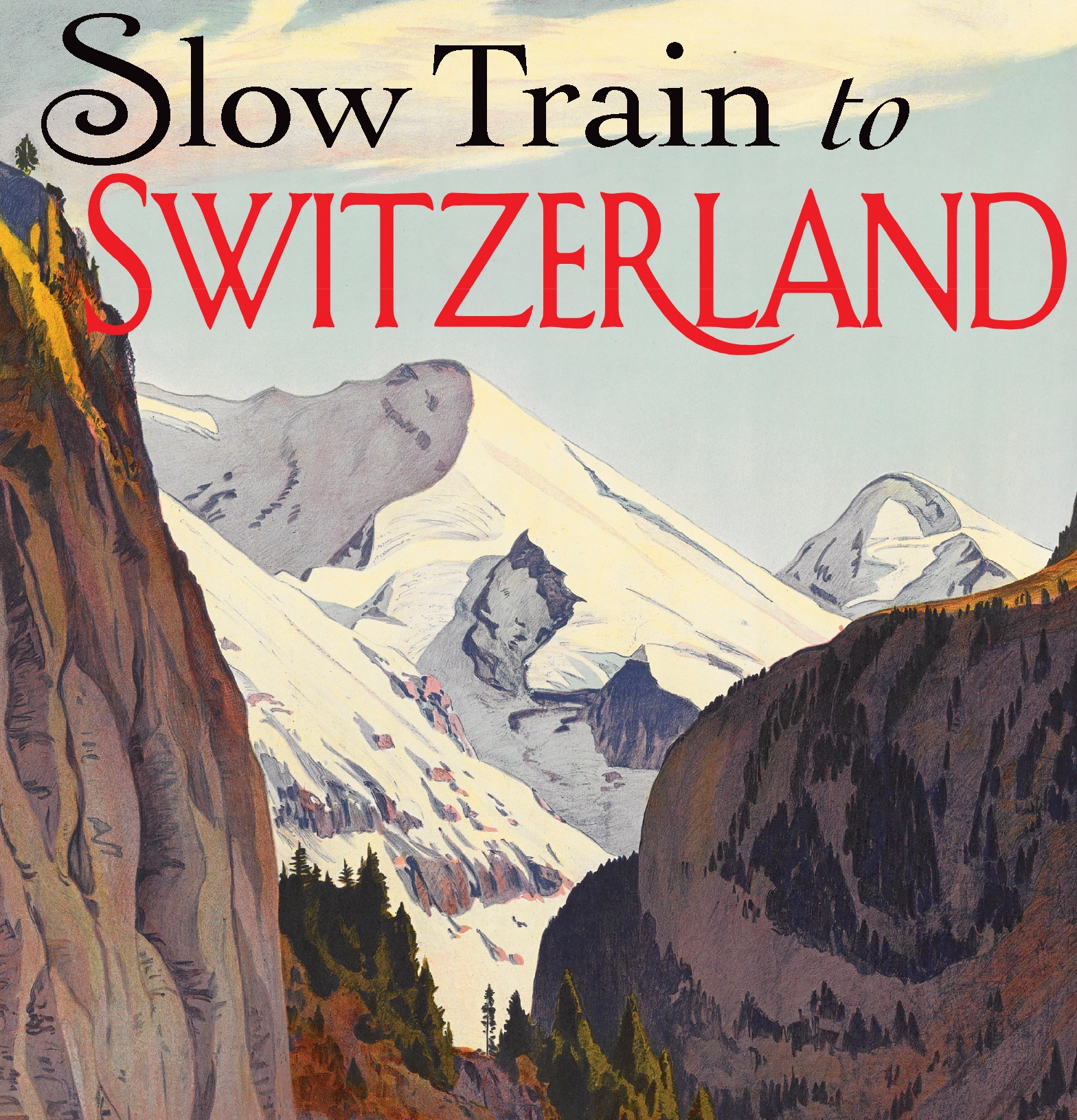Should the price of books be fixed?
February 15, 2012, 7 Comments
Cartels, fixed prices, less competition, consumer loses out. It may sound like something from the Seventies but it’s actually what could be in store for Swiss book buyers after next month’s referendum. Voters have to decide whether or not to re-introduce fixed retail prices for books in Switzerland so that every shop would have to charge the same. It’s a difficult decision but that is one of the great things about the Swiss political system: ordinary people get to decide on matters that affect them directly. Assuming they’re Swiss, of course. As a foreigner, I can’t vote. But as a reader, author and former bookseller, I can at least make up my own mind on the issue, based on three factors:
- Culture. Fixed prices protect something of cultural value. The central argument of the Yes lobby assumes that books are different from any other products so need protection.
- Price. Fixed prices remove the discounts. As all shops have to charge the same price, the consumer doesn’t need to shop around and expensive bestsellers can help fund other titles.
- Shops. Fixed prices help small shops compete by levelling the playing field between them and chain bookshops and internet outlets.
I have problems with all three. Protecting books by keeping them expensive ignores the fact that 90% of books in Switzerland are imported. Fixed prices will just mean more money going to publishers in Germany, France and Italy (the proposal only covers books in national languages) rather than supporting Swiss authors and publishers. There are other ways to do that – how about removing the sales tax (yes, reading is taxed in Switzerland) on all books published here?
The big – in fact giant – hole in the pricing proposal is the internet. Foreign companies, such as Amazon, are included for normal (paper) books but on a voluntary basis. Are Swiss customs really going to check every order to see if it complies with the law? Not forgetting that ebooks are excluded from fixed pricing! Ebooks already account for 6% of the market in Britain and are likely to keep on growing. How soon before Swiss consumers switch to downloading ebooks onto their iPads because they are cheaper than fixed price paper books? It’s a short-sighted, head-in-the-sand policy that undermines its own goals.
The internet aside, the aim of helping small bookshops totally ignores the realities of the book trade. Larger chains get bigger trade discounts from publishers and book suppliers, no matter what the cover price. All that a fixed price will do is give more money to the big bookshops and internet companies. Not exactly levelling the playing field.
Fixed book prices used to exist in Britain. It was a voluntary system (rather than one enforced by law) but was declared illegal in 1997, and the British experience is often used as an example of what happens when fixed prices disappear. But how true are the scare stories? Yes, many smaller bookshops have closed but overall there are more outlets selling books. Yes, some books are more expensive but the average cost to the consumer of all adult fiction – not just bestsellers – has fallen 30p (about 45 rappen) since 2001.
In Britain there are now more books being sold to more people from more outlets. Spending on books rose 59.5% over 1995-2007 (compared to 48% for general consumer spending), and in the period 2001-11 book sales were up 42%. Surely having more people reading more books is a good thing – or is the problem that they are reading the wrong sort of books? Literature snobs are as bad as any other. The fact that more people in Britain can now afford to buy a bestseller in a supermarket and maybe will read more books as a result should be the important thing. Should we have to pay more to read John Grisham so that some literary elite can publish a ‘worthy’ book that only 100 people will read?
No system is perfect. It is sad that British supermarkets sell books for £1, something which perhaps devalues both the writer and the reader – maybe there should be a minimum price rather than a maximum one? The flip-side is that more people are reading books, and ones that they want to read rather than ones they should – or are even discovering new authors. Cheaper bestsellers might mean that academic books are more expensive, but that is what choice is all about. If I choose to buy anything that is out of the mainstream (be that a classical music CD, a handmade bowl or a book on flowering herbs in Glarus) then I should be willing to pay more. I don’t expect those prices to be subsidised by making more popular things more expensive. It’s called supply and demand.
- No – to making books an expensive luxury
- No – to undermining Swiss publishers and bookshops
- No – to cultural elitism
- No – to removing consumer choice
- No – to ignoring the future
Fixed prices work against free choice by protecting the profits of larger booksellers and international publishers. The only ones to benefit from fixed prices are the cartels that impose them, not you or me – the readers.
Just say no.












 Follow on Facebook
Follow on Facebook Follow on Twitter
Follow on Twitter Subscribe by RSS
Subscribe by RSS Contact me directly
Contact me directly Global Solutions Inc.
Global Solutions Inc.
7 Comments on "Should the price of books be fixed?"
I agree largely with your analysis on the effect of the internet on traditional publishers, bookshops and later also libraries. What I’m missing is what the new technology (including the internet) can mean for the book publishing culture.I did not know that already 90% of the books in Switzerland were imported. For a country with such a strong local culture, I would imagine using some of the new technology would offer great benefits.A few of the traditional functions of traditional publishing houses have become obsolete. Not only can you publish digital, current printing techniques allow you to print books piece-by-piece, lowering the financial risks in the past carried by publishing houses. You can easier get books that are out of print, might only have a lower circulation or are for a small group of readers.Forward-looking bookstores and libraries might even think of supporting the book culture in their places: software to make books is easy available at low or no costs. And if you want to avoid working with the Amazon’s and Apple’s of this world (they already use that technology), you could even set up an espresso book machine to let people print their own books. I have seen YouTube clips from bookstores in the US using this as a way to survive, and I guess that could be another opportunity to save – or even revive – the book culture in Switzerland.
While I am still not quite sure what to vote, these thoughts – of a Briton and former bookseller – give me food for thought. Thanks!
There are plenty of poorly-paid people who like classical music. With your Jungle Law survival of the fittest they will be unable to buy the CDs they prefer simply because they can’t afford it. Why should somebody be punished just because his tastes aren’t mainstream and he’s not fortunate enough to earn a lot of money?
The counterpoint of that is why should the thousands of people who want to buy an Adele or Lady Gaga CD pay far more for it so that a classical music CD could be cheaper, even if it’s only bought by a few listeners? Would you have fixed price for CDs (even though such an idea is now obsolete given internet downloading) so that the tastes of a few be subsidised by the pockets of the many? The same applies to books. Fixed prices will mean your new Donna Leon paperback will be more expensive to help subsidise a book of Swiss poetry, read by 27 people in St Gallen. Is that where you want your francs to go?
If only the argument were so simple. Yesterday I bought a CD box of 10 classical CDs from Stauffacher for 19.90 of my francs. Somehow I have the feeling that the “law of supply and demand” is affected by forces other than just consumer likes and dislikes.
Hi Diccon,
You make some interesting points and personally I am undecided on the matter. I would say that the French book market is different to the German one. There are a few wholesalers vying for business from bookshops and the the terms are quite competitive. However, French books can only be bought through designated Swiss wholesalers, meaning a EUR 5 book costs CHF 11.50. This is clearly wrong.You make the point that the prices will only go up, but that is by no means a foregone conclusion. I suspect that for French books at least the prices will go down. I agree with you that this law will push people to e-books. Booksellers will be forced to adhere to these prices while the online retailers make a killing. Someone made the comment about Espresso book machines. Having looked into this I know that it is not possible because of rights restrictions in Switzerland. In conclusion, I think that whichever way people vote will have almost zero impact on the future of the book trade in Switzerland. The situation is far too complex to apply a one-size-fits-all solution and, even if such a thing could be found, price fixing is not it!
Matt
I read that this morning too. Interesting article but as one friend of mine pointed out, only a multi-millionaire bestselling author could or would write it. As he himself said, Alex Rider would not exist without a publisher.